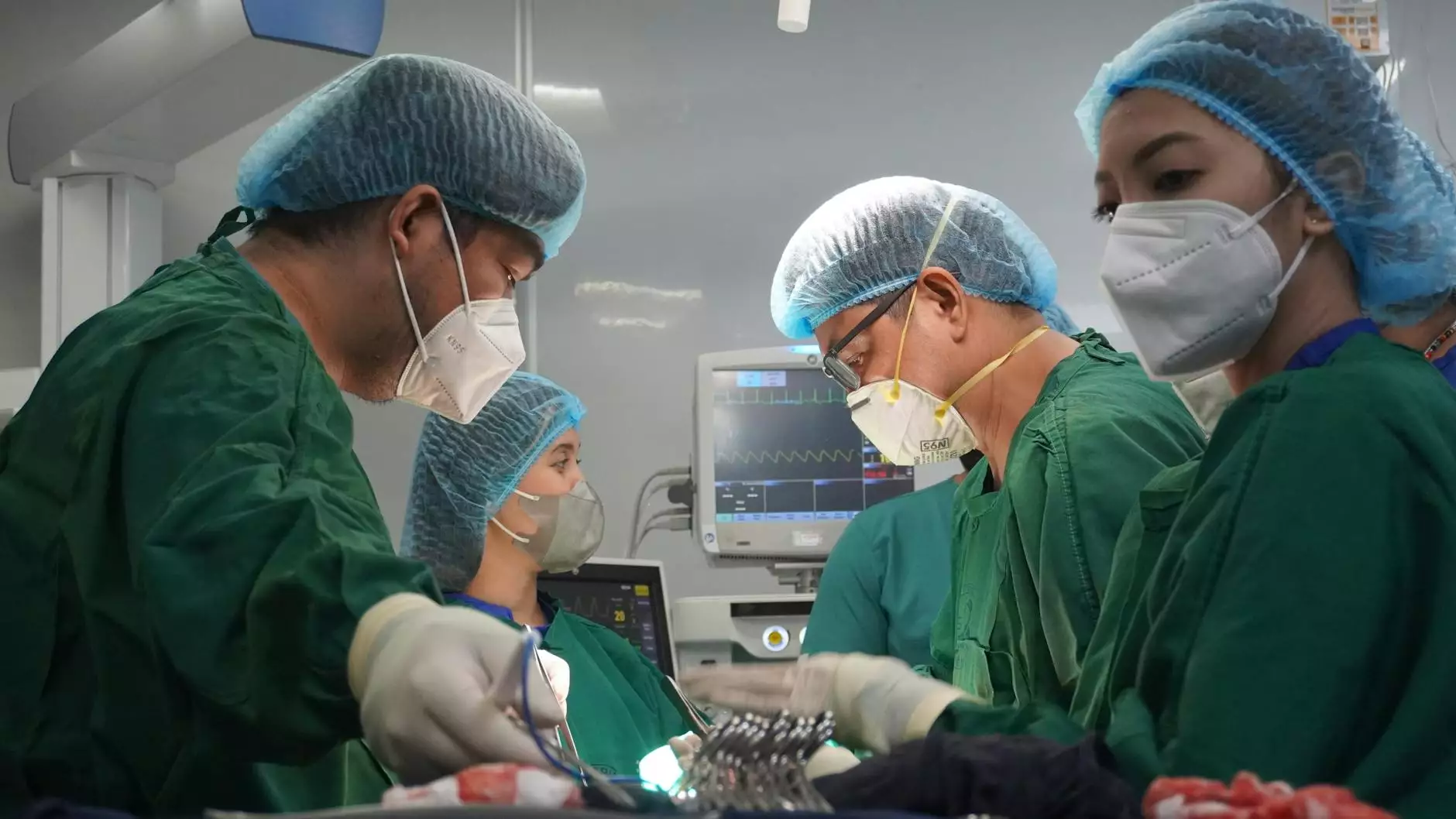The Comprehensive Guide to Choosing an Endometriosis Surgeon

Endometriosis is a challenging condition that affects countless women worldwide, often leading to significant pain and other complications. Finding a skilled endometriosis surgeon is crucial in managing this condition effectively. This article will explore everything you need to know about endometriosis, how to choose the right surgeon, and what to expect during treatment.
Understanding Endometriosis
Endometriosis occurs when tissue similar to the lining inside the uterus, known as the endometrium, starts to grow outside the uterus. This condition can lead to severe pain, irregular bleeding, and can significantly impact fertility.
Symptoms of Endometriosis
Common symptoms of endometriosis include:
- Pelvic Pain: Often described as painful menstrual cramps, this pain can increase over time.
- Menstrual Irregularities: Heavy periods (menorrhagia) or bleeding between periods.
- Pain During Intercourse: Discomfort or pain during or after sex.
- Pain with Bowel Movements or Urination: This is particularly noticeable during menstrual periods.
- Infertility: Endometriosis is often diagnosed in women who are seeking treatment for infertility.
- Other Symptoms: Fatigue, diarrhea, constipation, bloating, and nausea, particularly during menstrual periods.
Why Is It Important to Choose the Right Endometriosis Surgeon?
Choosing the right endometriosis surgeon is vital for several reasons:
- Expertise in Endometriosis: Surgeons with specific training in endometriosis can identify and treat the condition more effectively.
- Minimally Invasive Techniques: Skilled surgeons often utilize laparoscopic surgeries, which minimizes recovery time and complications.
- Comprehensive Care: A good surgeon will take a holistic approach, considering both the physical and emotional impacts of the disease.
How to Choose the Best Endometriosis Surgeon
When selecting an endometriosis surgeon, consider the following steps:
1. Research Qualifications and Experience
Look for a surgeon who is board-certified in obstetrics and gynecology, and ideally has a fellowship in reproductive endocrinology or minimally invasive surgery. Check their experience specifically with endometriosis cases.
2. Evaluate Their Surgical Methods
Understand the surgical techniques the surgeon employs. Laparoscopic surgery is often preferred for its reduced recovery times and less postoperative pain. Ask about the surgeon's approach to excision and ablation techniques.
3. Read Patient Reviews
Online reviews and testimonials can provide insights into other patients' experiences. Pay attention to comments about the surgeon's communication skills, office staff, and follow-up care.
4. Schedule a Consultation
Consultation provides an opportunity to meet the surgeon and ask critical questions. Discuss your symptoms, treatment options, and what you can expect regarding recovery.
5. Consider Support Services
Look for a surgeon who offers support services, such as counseling or nutrition advice, which can be beneficial in managing endometriosis.









